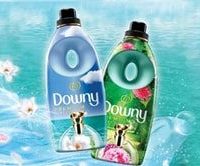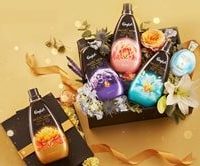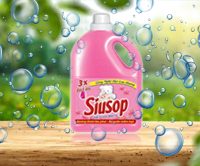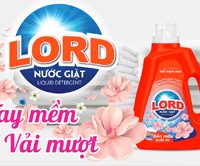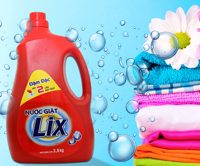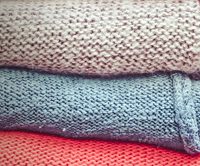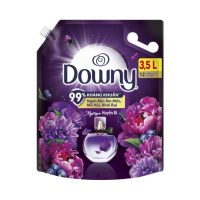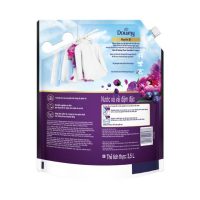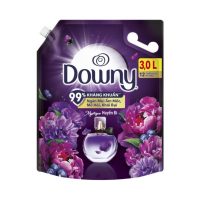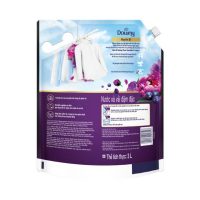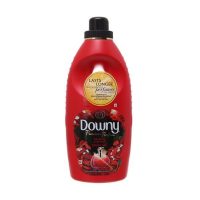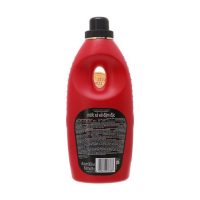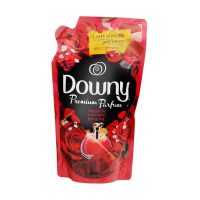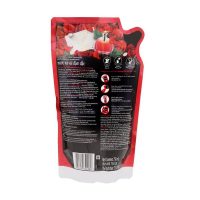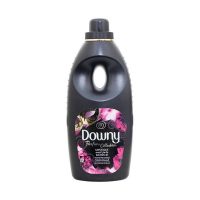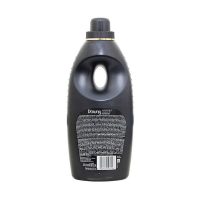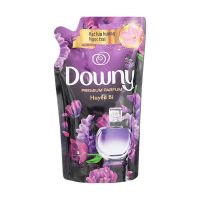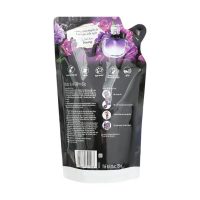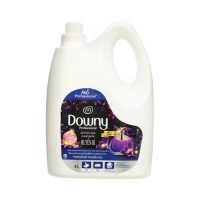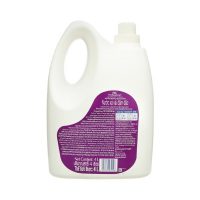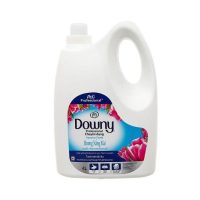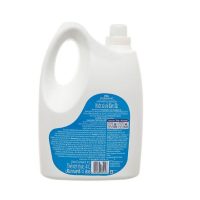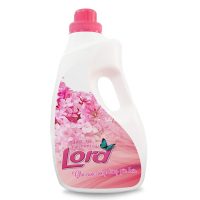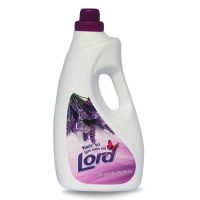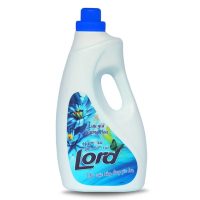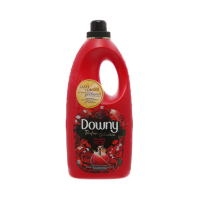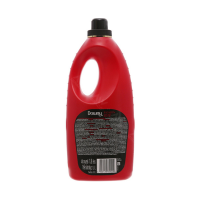No products in the cart.
Downy Mystique Parfum
Retail Price $9.91
Downy Mystique Parfum
Retail Price $8.65
Downy Passion Parfum
Retail Price $2.78
Downy Passion Parfum
Retail Price $2.42
Downy Mystique Parfum
Retail Price $2.78
Downy Mystique Parfum
Retail Price $2.42
Downy Mystique Parfum
Retail Price $10.12
Downy Sunrise Fresh
Retail Price $9.07
Lord Fabric Conditioner
Retail Price $2.67
Lord Fabric Conditioner
Retail Price $2.67
Lord Fabric Conditioner
Retail Price $2.67
Downy Passion Parfum
Retail Price $4.91
Fabric Softener Vietnam
Most people know fabric softener helps clothes after washing become soft and leave the fragrance for clothes, but in addition it also has other benefits that make your family clothes comfortable and more comfortable to wear. Here are the benefits of fabric softener that you may not know yet with a guide on how to use fabric softener with washing machine to get the best effect. TABLE OF CONTENTS1. Composition of fabric softener
Fabric softener contains a lot of chemicals, but each chemical has its own uses. The ingredients included in a fabric discharge product include fabric softeners, fatty acids (such as stearic acid), silicon (oil form), glycerol esters, polyethylene glycol, aromatics, color, water (non-ionic). Sometimes people also use inorganic salts (strong electrolyte form). Nowadays, people also add biocides to avoid the creation of odors as well as to keep the aroma lasting for clothes.Common fabric softeners are distearyl dimethyl ammonium chlorur, distearyl dimethyl ammonium methylsulfate, dialkylamido imidazolin methylsulfate, N- [1,2-Bis (acyloxium) propyl] -N, N, N-trimethyl ammonium chlorur (trade name are diesterquat - DEQ) and N, N-Bis- (2- acyloxiethyl) -N- (2-hydroxyethyl) -N-methyl ammonium methylsulfate (trade name is esterquat - EQ).
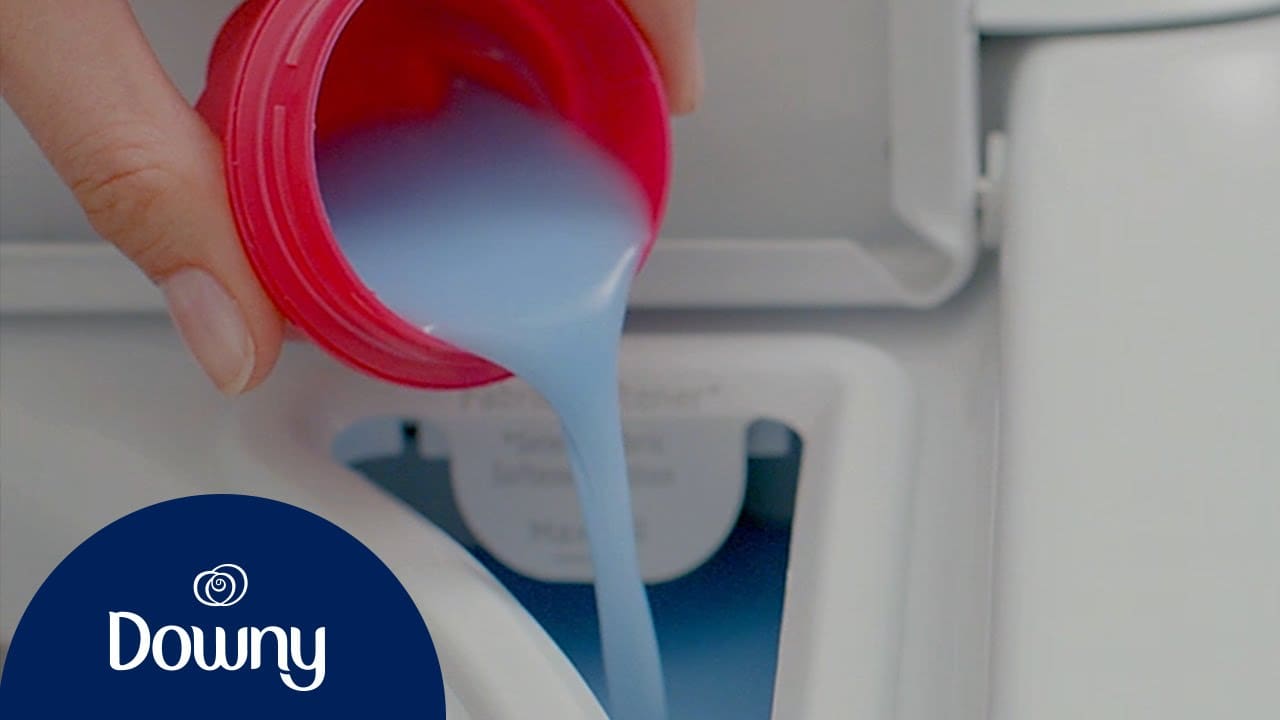
2. Function of ingredients in Fabric softener Vietnam
In the above fabric softeners, distearyl form is the classic softener, which is not toxic to humans (or very little depending on the type of skin of consumers) because it is derived from natural fats, however, people rarely use it today. The imidazolin softeners are capable of irritating the skin, making the skin red and itchy irritating (of course if using a lot), so the imidazolin form is not suitable for children and those with sensitive skin.Today, it is common to use diesterquate and esterquate as the main softener. These substances are similar in structure to polypeptides (natural antibacterial agents due to the skin secreting through the sebaceous gland and perspiration to counteract bacterial invasion); therefore, these substances both have the ability to soften the fabric and both to kill bacteria.
Fatty acids and silicones are only intended to thicken products. Fatty acids have no harmful effects on the skin, silicon has no harm.
The glycerol and polyethylene glycol esters are emulsifiers that help the aromatics dissolve into the product. Glycerol ester derived from natural fat should be considered harmless, polyethylene glycol is also harmless to the skin.
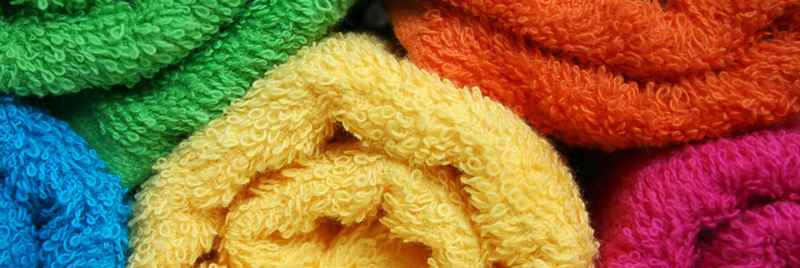
3. Why do you need fabric softener?
The most obvious benefit of using fabric softener is that clothing becomes softer and more visible; The sweater will be less itchy and the baby's uniform will not feel stiff or itchy, scratching the baby's skin anymore. If someone in your family has sensitive skin, you should definitely consider using fabric softener. Especially fabric softener helps fabric fibers lie down, do not tangle together, keep a smooth and easy-to-see surface.Woolen clothes will not be stiff or rough, and fabrics will usually retain durability longer.Fabric softener also neutralizes electrical charge in some fabrics, so babies will not have to deal with standing hair or unexpected shocks when wearing clothes! Moreover, it also reduces the amount of fabric in the fabric and makes it easier and quicker to wear clothes - something that all busy parents are especially interested in.
Not to mention many types of conditioner also create pleasant aromas and your clothes will come out of the washing machine with a cool scent.

4. How to use fabric softener?
If you have never used fabric softener, here are some tips you can use when washing with clothes.Liquid fabric softener Vietnam can be used for front-loading washing machines as well as upper-door washing machines. You can also buy discharge paper into the clothes dryer, discharge paper will release clothes softener. When it is heat in the dryer and clothes. Many people use vinegar to make fabric softener because in vinegar. It's neutralizes odor and softens fabric.
In Vietnam, people use Comfort fabric softener and Downy fabric softener. Because it is quick and has many different fragrances. The amount of fabric conditioner used in each wash depends on the amount of laundry. If a lot of things you can fill the lid but if the amount of laundry is not much, half a cap is enough for one wash. If you have a top-loading washing machine, you can pour fabric softener into the discharge compartment. So that it is ready to flow down when the washing machine reaches the second washing stage.
Or you can pour it directly into the washing machine when the second washing water starts to flow. The front-loading washing machine has a separate rinse tank, so you need to check your washing machine's user manual to find the right compartment for the drain. Note: To avoid staining, always pour fabric softener into its drawer in the washing machine or dilute it with water, but never straighten it on clothes.
Fabric softener can really increase the softness of your clothes. Moreover, with fabric maintenance and softening function, fabric softener can make clothes more durable - good news for all hyperactive parents.
Hopefully, through the article about Vietnam fabric softener of Asia Grocery. You have given yourself a clear view for using fabric softener.
If you want to import fabric softener Vietnam. Contact us right away. We specialize in exporting and distributing fabric softener Vietnam.

